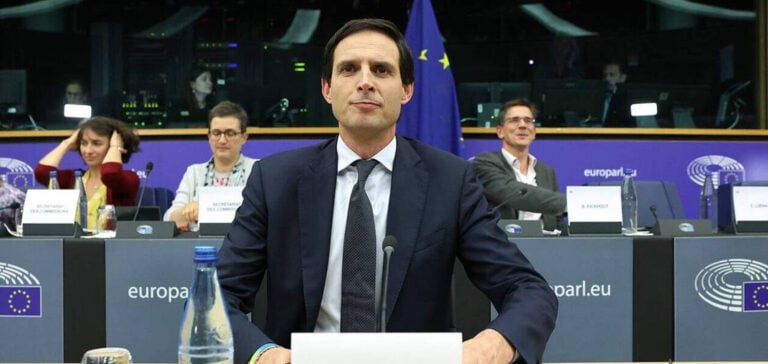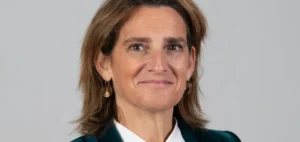European Commissioner Wopke Hoekstra spoke at the pre-COP meeting in Abu Dhabi, addressing the main issues at stake in the upcoming COP28 negotiations. He stressed that these key elements would determine the outcome and success of the climate conference. Key points include the global assessment of mitigation efforts, the loss and damage fund, and adaptation to climate change.
On mitigation, Commissioner Hoekstra highlighted the need to peak emissions by 2025, move away from fossil fuels, accelerate the transition away from coal, triple renewable energy capacity, double energy efficiency, and solve methane emissions, among other measures. He acknowledged that some of these actions will be easier to accept than others, particularly those related to fossil fuels.
The scientific urgency of climate change
Commissioner Hoekstra recalled that the President of COP28 had stressed that “science should guide us.” He insisted that the science is clear on the urgency of climate change and the need for immediate action. He stressed that the window of opportunity is closing fast, and it is crucial to take decisive action on mitigation.
Climate Finance for Developing Countries
Another crucial issue addressed by the European Commissioner concerns climate finance for developing countries. He noted that the European Union has been active in this area, raising $26 billion of the $100 billion pledged by rich countries. However, he insisted on the need to get things right by ensuring that this fund is limited to the most needy and vulnerable countries, in particular small island states.
The Commissioner also stressed the need to broaden the donor base beyond developed countries. He stressed that economic progress and the status of an economic powerhouse go hand in hand with many responsibilities, including those linked to financing the fight against climate change.
Exit from fossil fuels as an imperative
In response to a question about the EU’s position on phasing out fossil fuels, Commissioner Hoekstra asserted that this was not a frivolous request or a political maneuver. He pointed out that leading experts have stressed the need for ambitious, immediate action, and that the window of opportunity is closing fast. He concluded by stressing the need for a rapid phase-out of fossil fuels in general, and coal in particular.
European Commissioner Wopke Hoekstra’s statement highlights the urgency of the climate change situation. Negotiations at COP28 will play a crucial role in determining global action to mitigate climate change. The need to move away from fossil fuels has become a scientifically established imperative, and the window of opportunity is rapidly shrinking. The international community must show determination and ambition in tackling this global crisis.





















